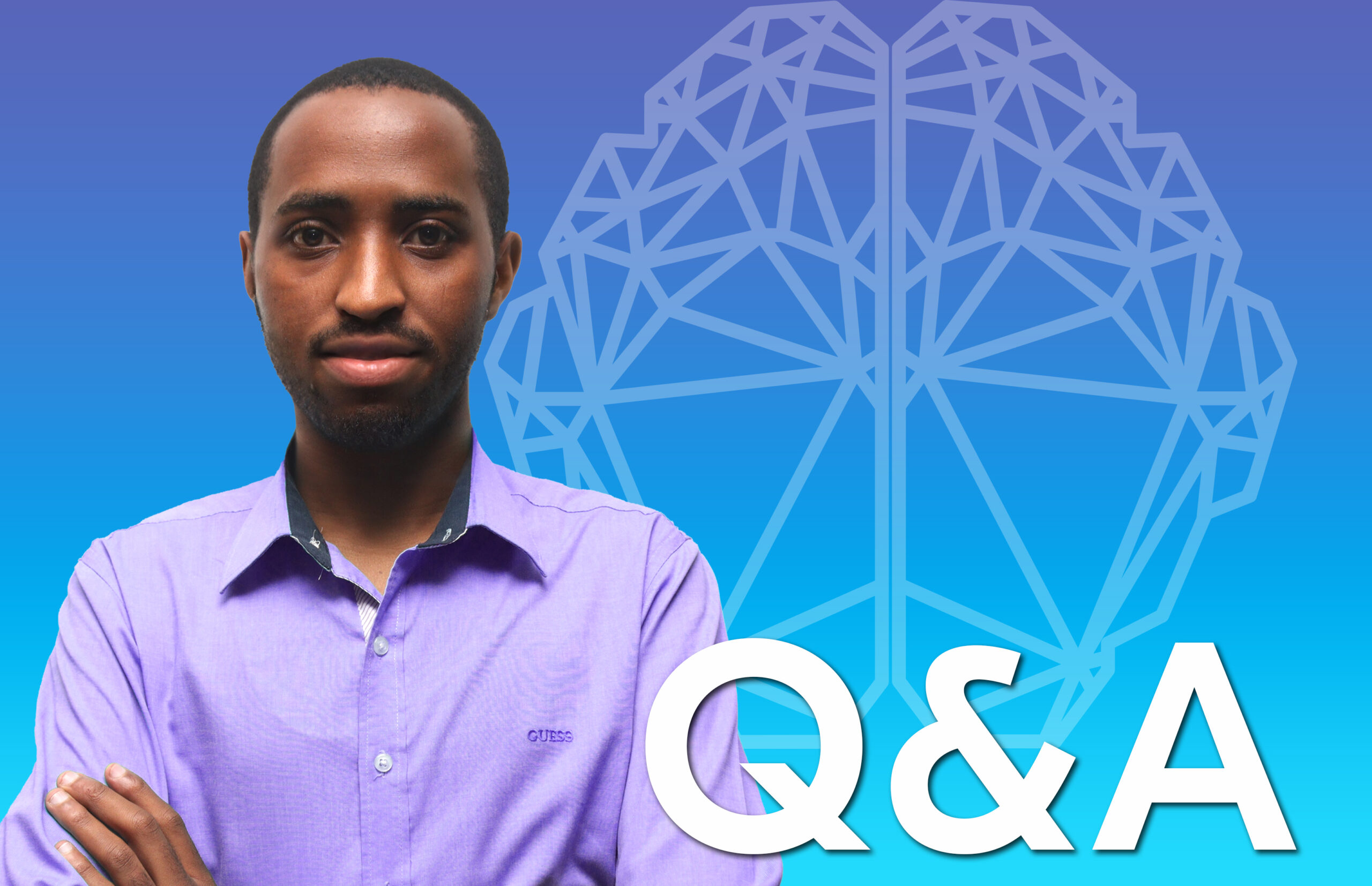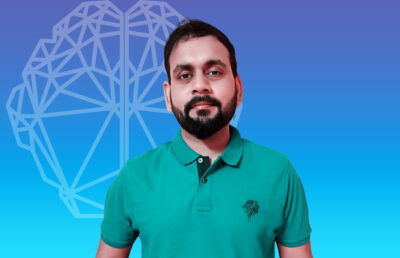Eric Gitau discusses his path to becoming a WorldQuant BRAIN consultant and how the experience has enhanced his research skills.
Where did you grow up?
I grew up in a town called Githunguri in Central Kenya known for dairy and tea farming. I call Nairobi my home city because it is less than 40 kilometers from Githunguri. Nairobi, known as the “city under the sun,” is culturally diverse and fast paced and has stunning natural landscapes on its outskirts.
What did you study at university?
I have a Bachelor of Business Science degree in Actuarial Science from Strathmore University in Nairobi.
How did you get interested in quantitative finance?
During my first two years at university, I had some basic ideas around how quantitative skills and knowledge apply to investments. In my third year, when the school faculty told us about WorldQuant, I immediately got interested in learning more about how quantitative skills can be applied in an investment strategy setting.
Why did you want to become a BRAIN consultant?
After my participation in the WorldQuant Challenge, I decided to join a team to compete in the International Quant Championship in 2018. My team did well and proceeded all the way through to the Global Finals in Singapore. After that, I expressed my interest in a consultant position. Joining BRAIN as a consultant meant I would get access to additional data fields and hence get an opportunity to expand my quant research.
What is your favorite part about being a BRAIN consultant?
My favorite part is the flexibility. I get to choose when and how I work and which research areas to focus on.
What do you like most about the BRAIN platform?
I like the multisimulation and super alpha simulation capabilities. Multisimulation makes it very easy to test multiple implementations of the same idea in a more controlled way, which saves a lot of time. I find the super alpha simulation capability quite interesting as it paints a bigger picture of what actually happens after regular alpha* creation.
How do you come up with ideas for new alphas?
I like to focus on one research area at a time, getting ideas from research articles and papers. Then I try refining the ideas within the scope of the datasets available on BRAIN. There are lots of datasets, and it’s very easy to find a suitable data field or an alternative data field to use. Once I have the data fields, I choose the suitable operators to actualize the idea into an expression.
What is the most challenging part about doing quant finance research?
The most challenging part is turning ideas into mathematical expressions. What I have learned in the journey is that you need to be patient — you may have a great idea, but it takes time to figure out the implementation part.
How has your experience working with WorldQuant helped shape your career goals?
My experience working with WorldQuant has generally enhanced my research skills. The experience has also enhanced my knowledge of the investment profession.
What advice would you give others considering getting involved with WorldQuant BRAIN?
My advice would be to maintain an open mindset throughout the process working with BRAIN. It may take different timeframes to get accustomed to the quant finance field, but with an open mindset to learning, unlearning and relearning the experience should be smooth.
What do you like doing in your free time?
I like traveling to new places. I also enjoy going for hikes and cycling.
*Alphas are mathematical models that seek to predict the future price movements of various financial instruments.





